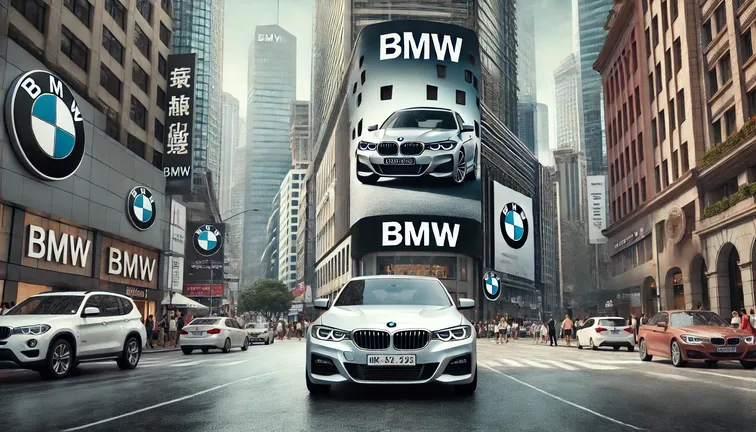BMW has once again found out before the Czech courts that its trade marks are not all-powerful. The appellate courts did not grant BMW protection under its trade mark on the ground of the limitation of its effects.
We have previously blogged about the loss of Bayerische Motoren Werke (BMW) in a dispute with an independent BMW dealer and servicing provider. BMW sued the Czech car dealer to remove the "BMW" sign from its advertising pylon and to refrain from adding the words "Specialised Sale & Servicing" underneath. The appellate court has now upheld the first instance court's decision to dismiss the case.
In its appeal, BMW itself acknowledged the need for dealers to use the trade mark as the only way of informing consumers about the offer of products and services in question, but deemed the use of its trade mark on the dealer's advertising pylon as unlawful because, according to BMW, it was likely to give the average consumer the impression that the dealer was associated with BMW.
In its appeal, BMW relied primarily on the strategy of challenging the conclusions of the first instance decision in relation to the fact that the word addendum "specialised sale & servicing" under the BMW mark was in a much smaller font than the "BMW" sign itself on the advertising pylon.
However, the appellate court did not accept this objection, noting that the size of the font itself is irrelevant, provided that the text is sufficiently legible and that the use of the BMW trade mark does not give the average consumer a false impression of the relationship between the dealer and BMW. The Court's decision thus implicitly states that, in the context of the sale of vehicles, the phrase "specialised sale & servicing" is sufficiently informative and does not give rise to any confusion on the part of the customer between the services offered by the dealer and those offered by the proprietor of the trade mark.
Conclusion
The appellate court’s decision was very concise and only specifically addressed the issue of the font size of the written addition on the advertising pylon when compared to that of the trade mark, as raised by BMW. In contrast, the appellate court did not address the relevant consumer public or whether the average consumer is able to distinguish between the terms “authorised” and “specialised” servicing.
It remains to be seen whether the issue of the use of trade marks by car dealers will once again come before the judges of the Supreme Court, whose decision has so far been the flagship of the issue of the trade mark effect limitation in the Czech Republic.
However, it remains the case that even the position of reputable car manufacturers is not without limits in the world of trade marks, and for dealers' conduct to be considered unlawful, it must be clearly unfair or misleading. The Czech courts have held that this is not the case even if a smaller font is used with the word addendum which truthfully informs the public about the nature of the services provided by the dealer in connection with the products of a car manufacturer and it's trade mark (despite the trade mark itself rendered in a larger font).








